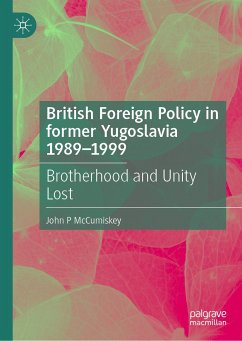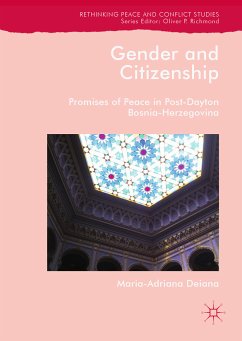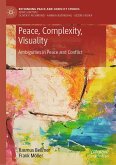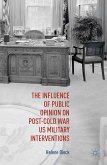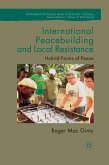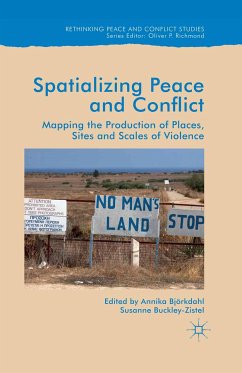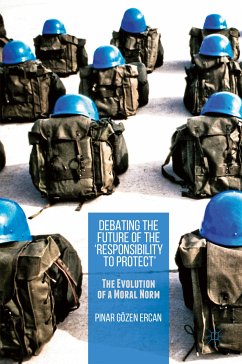British Foreign Policy in former Yugoslavia 1989-1999: Brotherhood and Unity Lost, gives a broad analysis of Britain's foreign policy during the wars of Yugoslav secession from 1992 to 1999. Normative approaches to Britain's foreign policy during this period 'have tended to place it' in to two halves. The notion, there was a new morality in Britain's foreign policy appeared after New Labour's election victory on 1 May 1997. Robin Cook declared shortly after the victory there would be an 'ethical dimension' to Labour's foreign policy, and this appeared to chart new territory. This would be a departure from what former US Assistant Secretary of State, James Rubin, believed was the hyper-realism of the traditional British kind under Major. In due course, the acceptance that there was a radical change in the British government's policy direction irritated Conservative politicians such as Tony Baldry, and Douglas Hurd, who commented in 1997, 'What is slightly irritating....is to pretend that a shift of two to three degrees is a shift of 180 degrees and that all his (Robin Cook's) predecessors are immoral rogues'. Thus, this book includes interviews with key actors, provides new archive material and re-examines claims by the 'New Orthodoxy' which became prevalent after 1999.
John P McCumiskey received his PhD from Manchester Metropolitan University in 2013. He has taught Critical Thinking and History at various universities in Asia and Europe.
John P McCumiskey received his PhD from Manchester Metropolitan University in 2013. He has taught Critical Thinking and History at various universities in Asia and Europe.
Dieser Download kann aus rechtlichen Gründen nur mit Rechnungsadresse in A, B, BG, CY, CZ, D, DK, EW, E, FIN, F, GR, HR, H, IRL, I, LT, L, LR, M, NL, PL, P, R, S, SLO, SK ausgeliefert werden.
